- Home
- Billionaires
- Investing Newsletters
- 193CC 1000
- Article Layout 2
- Article Layout 3
- Article Layout 4
- Article Layout 5
- Article Layout 6
- Article Layout 7
- Article Layout 8
- Article Layout 9
- Article Layout 10
- Article Layout 11
- Article Layout 12
- Article Layout 13
- Article Layout 14
- Article Sidebar
- Post Format
- pages
- Archive Layouts
- Post Gallery
- Post Video Background
- Post Review
- Sponsored Post
- Leadership
- Business
- Money
- Small Business
- Innovation
- Shop
Recent Posts
McConnell’s Retirement Highlights Feud with Trump
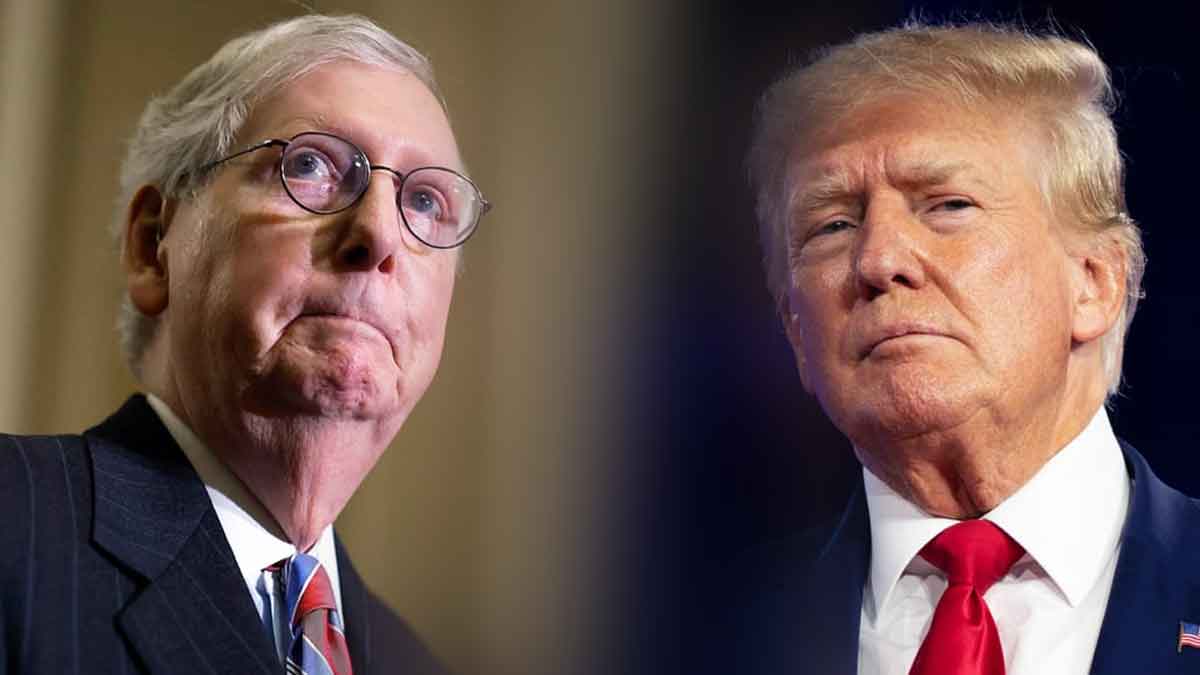
Senate Minority Leader Mitch McConnell’s (R-Ky.) recent announcement that he will retire as Senate GOP leader marks the culmination of a long-running feud with former President Donald Trump. Their tumultuous relationship, once characterized by a fragile alliance, has deteriorated into open hostility, reshaping the landscape of the Republican Party.
McConnell and Trump’s collaboration began during Trump’s presidency but soured in the aftermath of the Capitol riots on January 6. McConnell, among fewer than 20 Republican senators who have not endorsed Trump’s 2024 campaign, has not spoken to the former president since the riots, according to reports.
The rift deepened when McConnell delivered a scathing floor speech, denouncing Trump’s role in the Capitol riots and accusing him of a “disgraceful dereliction of duty.” This marked a turning point in their relationship, leading to a series of confrontations and disagreements that have defined their interactions since.
One notable clash occurred over a bipartisan border bill supported by McConnell, which was ultimately doomed without Trump’s backing. Trump’s influence over the Republican Party has grown since leaving office, often overshadowing McConnell’s authority within his own conference.
Their disagreements extended to legislative battles, with Trump criticizing McConnell for supporting government spending bills and falsely accusing him of endorsing President Biden’s Green New Deal. McConnell, in turn, blamed Trump for the GOP’s losses in the 2022 midterm elections, accusing him of contributing to “candidate quality” issues.
In response, Trump launched a campaign to blame McConnell and other GOP adversaries for the losses, calling for McConnell’s ouster. McConnell, however, remained steadfast, criticizing Trump’s inflammatory rhetoric and controversial associations, including his meeting with white supremacist Nick Fuentes.
McConnell’s decision to step down as Senate GOP leader represents a significant shift in the Republican Party, moving away from traditional conservatism towards Trump’s brand of divisive populism. As McConnell prepares for “life’s next chapter,” the future of the GOP hangs in the balance, with key figures like Sens. John Barrasso, John Thune, and John Cornyn vying to replace him.
Barrasso, the first of the three to endorse Trump, is considered the most conservative, while Thune and Cornyn have criticized Trump in the past. Their positions on Trump and his influence over the party will likely play a crucial role in shaping the GOP’s direction in the post-McConnell era.
In conclusion, Trump and McConnell’s feud has not only redefined their relationship but also reshaped the Republican Party’s identity. As McConnell prepares to step down, the GOP faces a pivotal moment, torn between its traditional roots and the influence of Trump’s populist movement. The outcome of this power struggle will have far-reaching implications for the future of American politics.
Recent Posts
Categories
- 193cc Digital Assets2
- 5G1
- Aerospace & Defense45
- AI33
- Arts3
- Banking & Insurance11
- Big Data3
- Billionaires308
- Boats & Planes1
- Business315
- Careers13
- Cars & Bikes74
- CEO Network1
- CFO Network17
- CHRO Network1
- CIO Network1
- Cloud10
- CMO Network18
- Commercial Real Estate7
- Consultant1
- Consumer Tech171
- CxO1
- Cybersecurity59
- Dining1
- Diversity, Equity & Inclusion4
- Education7
- Energy8
- Enterprise Tech29
- Events11
- Fintech1
- Food & Drink2
- Franchises1
- Freelance1
- Future Of Work2
- Games141
- GIG1
- Healthcare77
- Hollywood & Entertainment175
- Houses1
- Innovation41
- Investing2
- Investing Newsletters4
- Leadership65
- Lifestyle11
- Manufacturing1
- Markets20
- Media189
- Mobile phone1
- Money13
- Personal Finance2
- Policy554
- Real Estate1
- Research6
- Retail1
- Retirement1
- Small Business1
- SportsMoney30
- Style & Beauty1
- Success Income1
- Taxes2
- Travel10
- Uncategorized8
- Vices1
- Watches & Jewelry2
- world's billionaires278
Related Articles
Tim Walz Tops JD Vance in Favorability Ahead of Debate
As the political landscape heats up ahead of the upcoming vice presidential...
By 193cc Agency CouncilSeptember 26, 2024Harris vs. Trump: A Close Contest as Polls Indicate Narrow Leads
The upcoming election is shaping up to be a fierce battle between...
By 193cc Agency CouncilSeptember 26, 2024Musk Threatens Apple Device Ban Over OpenAI Integration
Elon Musk, known for his ventures such as Tesla, SpaceX, and OpenAI,...
By 193cc Agency CouncilJune 11, 2024Trump Hails NYPD’s Clearing of Columbia Encampment
Former President Donald Trump offered high praise for the New York Police...
By 193cc Agency CouncilMay 2, 2024










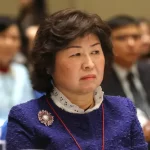
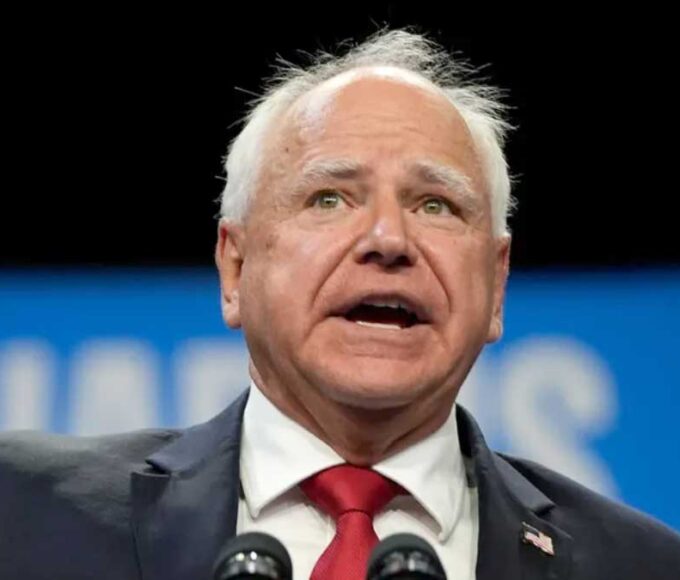
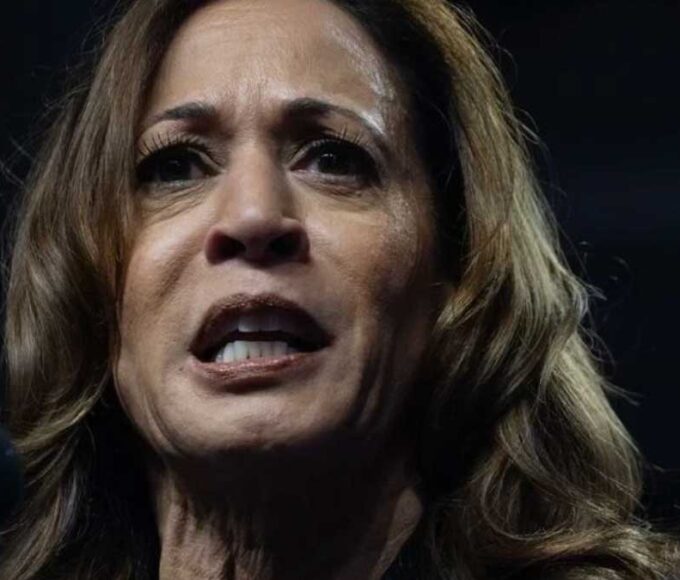
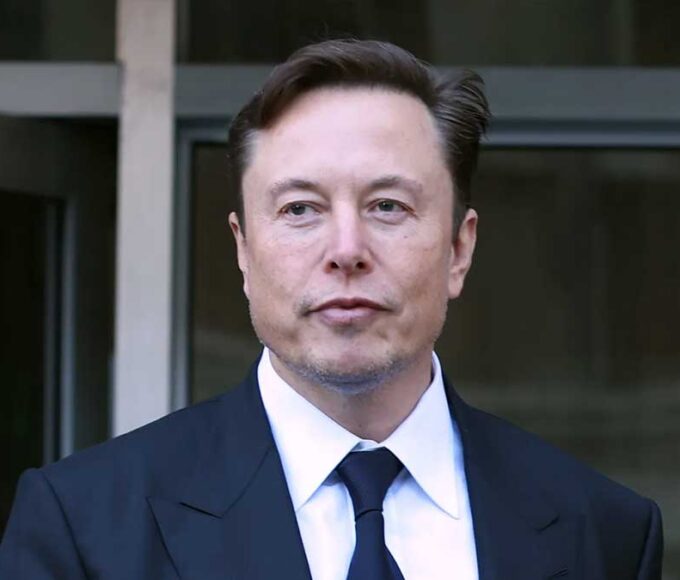
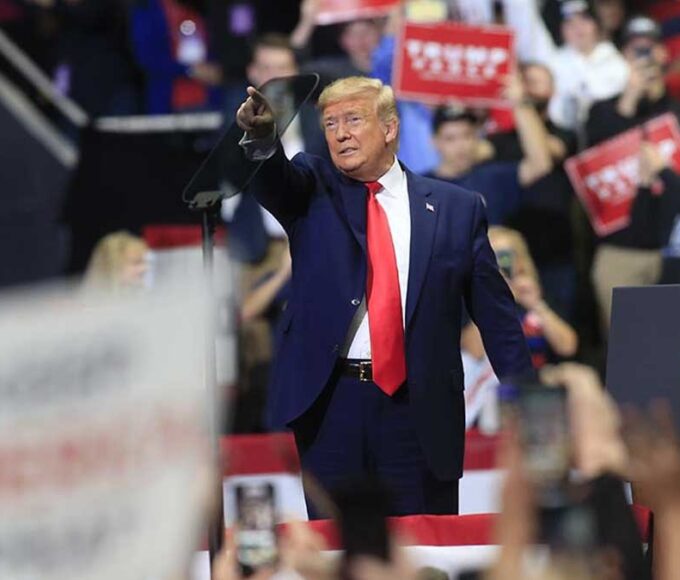
Leave a comment